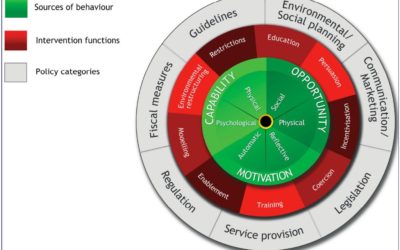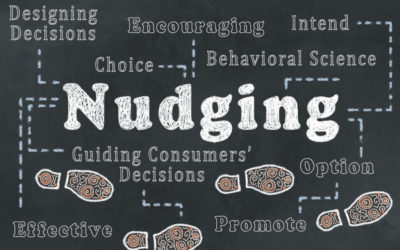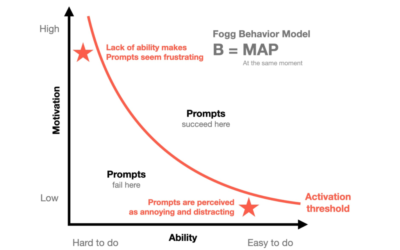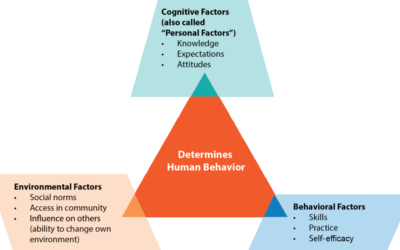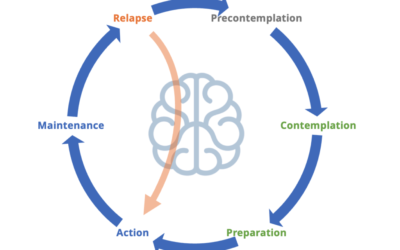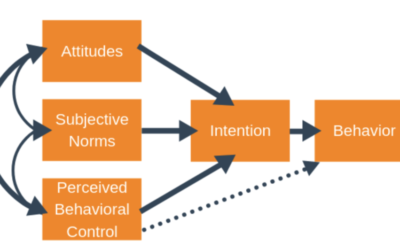Article
Scalability – Voltage Drops

We probably all know that any change – well, obviously, changes something. But this also means there will be various knock-on effects. In a best-case scenario, the knock-on effects are positive but there can also be, and often are, unintended negative consequences or negative spill overs.
Many of these are commonly seen in government mandated programmes. For example, making cycling helmets mandatory in Victoria, Australia, reduced the number of head injuries, but the negative consequence is it also reduced the number of adolescent cyclists. A group the government would actually want cycling more.
The rule of unintended consequences is that in any complex system there will always be multiple knock-on effects. And many of these will be hard to predict. They could be negative change in other areas or alternatively do the opposite to what was intended.
This means that considerable thought needs to be given to what will change when change occurs, or new policies are implemented.
Simple Takeaways
-
- Give considerable thought to consequences
- Trial and pilot at scale where possible and collect behavioural data
- Measure continually and respond quickly
© leading brains 2022
Reference
More Articles
The Nine Interventions
There have been multiple models of behaviour and behavioural change proposed over the years. These have taken different viewpoints of behaviour.
Two Types of Willpower
Will power can be different things – but not according to us everyday folk…
Mask-Wearing Makes You Better Behaved
This is a fascinating study that shows that wearing masks changes behaviour in subtle but important ways…
Behavioural Change Theories
There have been multiple models of behaviour and behavioural change proposed over the years. These have taken different viewpoints of behaviour.
Behavioural Change Wheel
The Behaviour Change Wheel is the result of a systematic review of change models, frameworks, and theories, followed by the subsequent realisation that they were not aligned and describing different things.
Nudge
A nudge in everyday language is a gentle push. Something that is none aggressive but significant enough to be noticed and often triggers a behaviour…
B-MAT
The B-MAT model is similar to the COM-B model included in the Behavioural Change Wheel which aims to explain behaviour and its antecedents and therefore aim to guide behavioural change attempts
Social Cognitive Theory
Social Cognitive Theory by famed psychologist Bandura is grounded, as the name suggests, in social contexts saying that behaviour is driven by the triad of behaviour, personal, and environmental factors
The 6 Stages of Behavioural Change
The 6 stages of change model is also known as the transtheoretical model and focuses on the steps of change. This has focused on changing individual’s behaviour to a new healthier behaviour.
Theory of Planned Behaviour
he theory of planned behaviour is a psychological theory proposed by Icek Ajzen that links beliefs to behaviour. This builds on the theory of reasoned action





